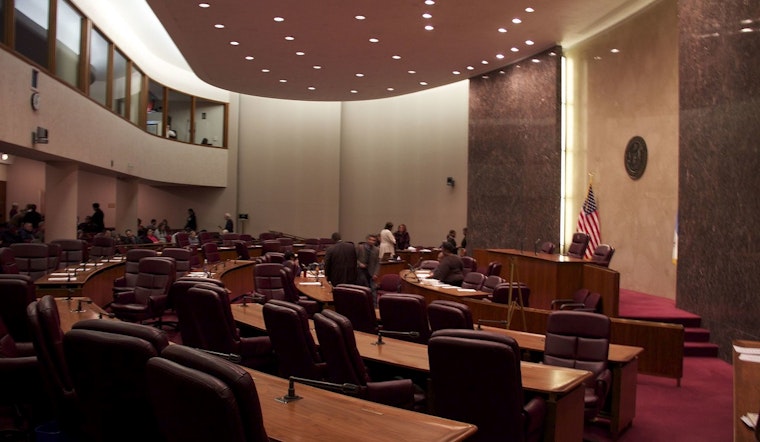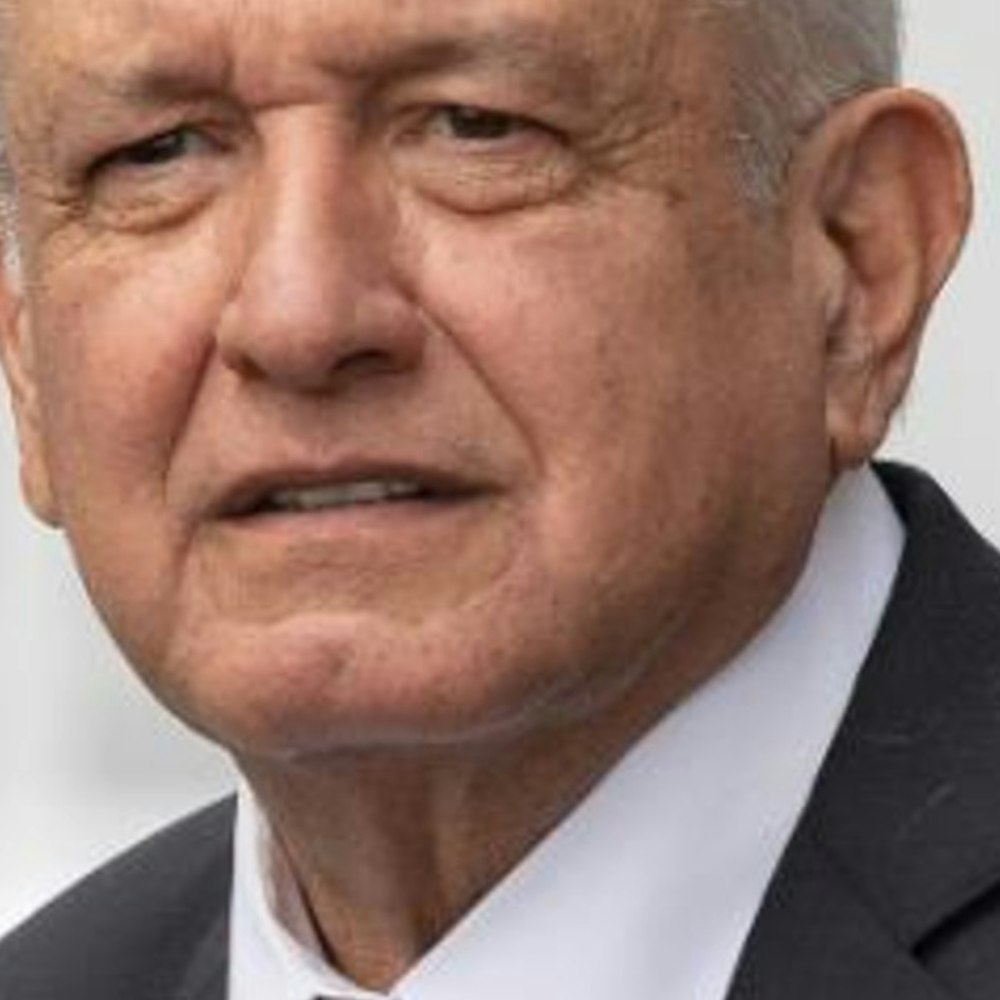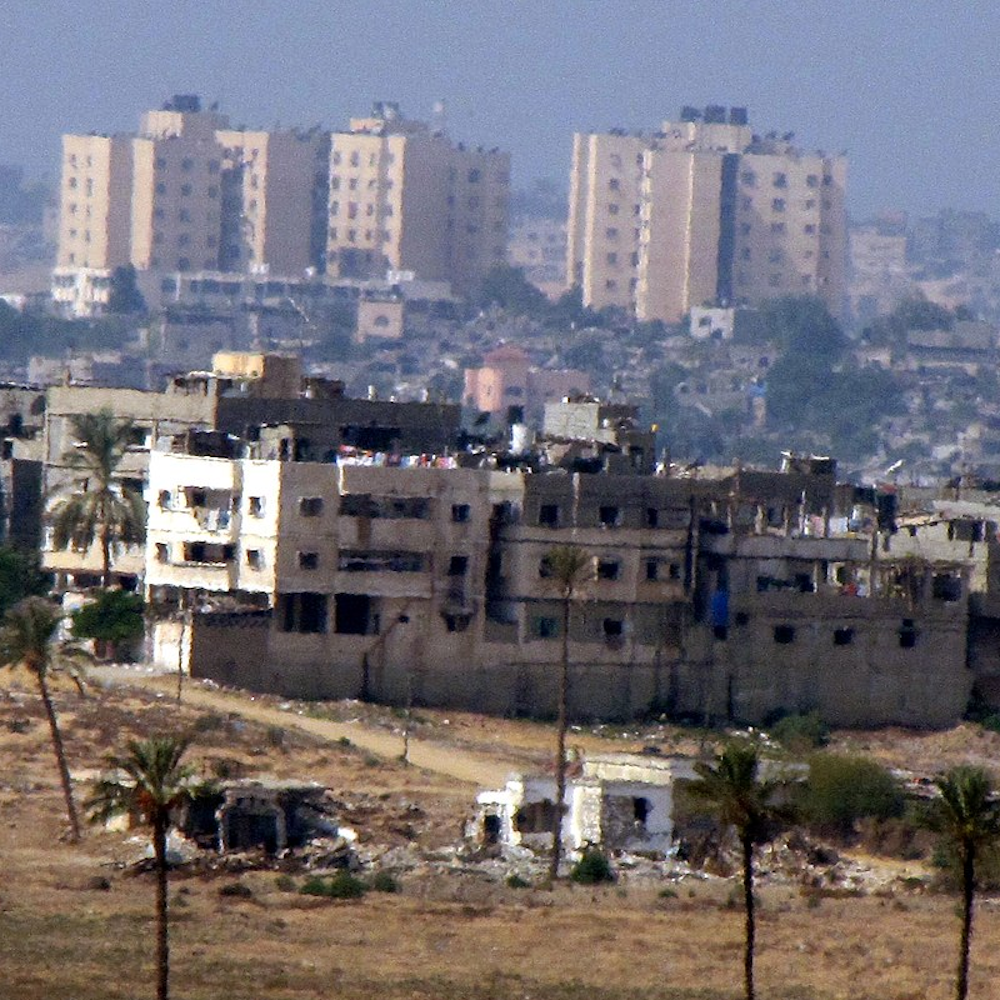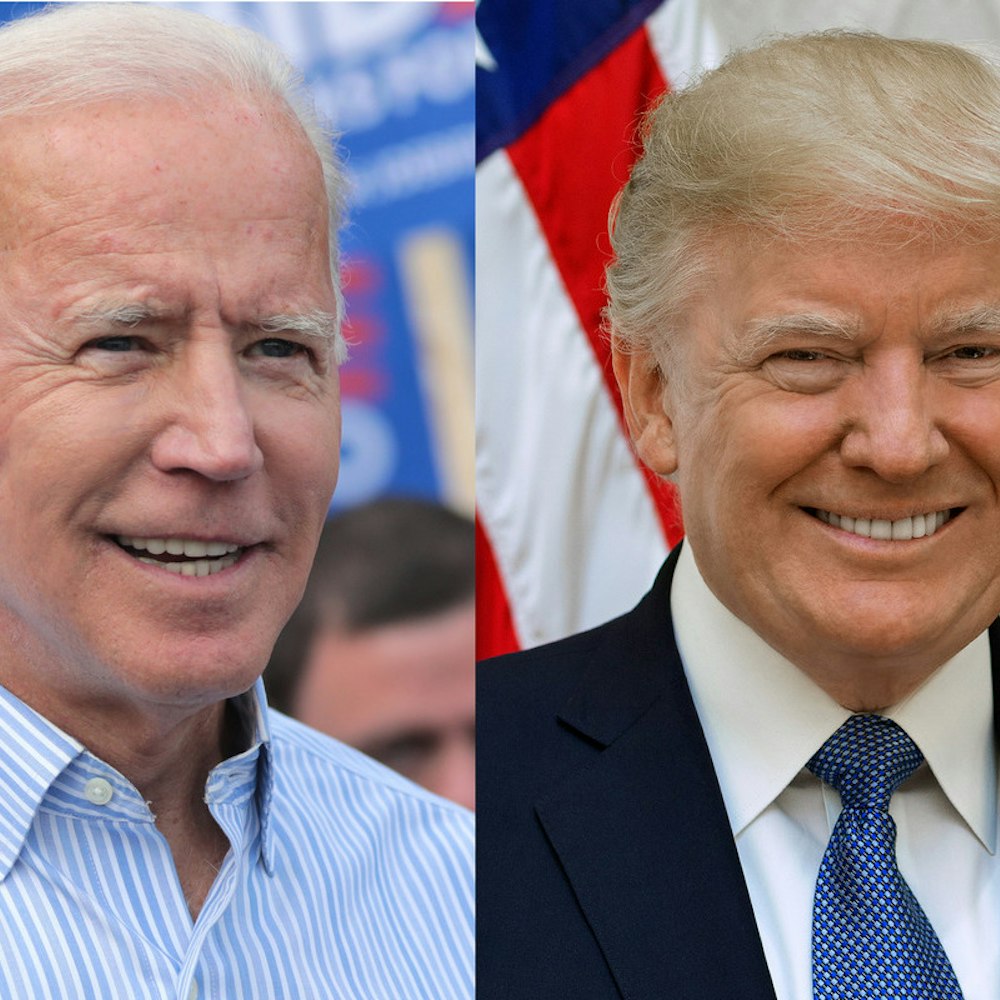
Mayor Brandon Johnson’s push for an additional $70 million to aid the city's migrant response gained traction as the proposal advanced in the City Council on Monday, courtesy of a 20-to-8 vote by the Budget and Government Operations Committee; the plan is now set for a full City Council decision this coming Wednesday, as reported by the Chicago Tribune. The “yes” of Ald. Nicole Lee, despite calls for greater transparency on fund allocation, underscores the complexity of the city's migrant situation, where aid for thousands of Venezuelans-turned-asylum-seekers sent by Texas Gov. Greg Abbott illuminates the wider issues on national immigration policies.
The Budget Director, Annette Guzman, has put it plainly that without this additional funding, which sources from unallocated city surpluses, a ripple effect could strain city resources, pushing migrants into hospitals, parks, and even police stations for shelter, something Vice Mayor Ald. Walter Burnett warned that could cause a situation to "bust" in the absence of action; the Tribune covered these declarations alongside the concerns raised by Ald. Chris Taliaferro, who made it known that the needs of current residents, particularly those facing the aftermath of summer flooding, should also be a priority, and Ald. David Moore emphasized the urgency of addressing gun violence marked by a recent string of shootings.
In related news, the Budget Committee also consented to accept $48 million in federal and state grants as aid for migrants, all while Ald. Daniel La Spata expressed his surprise and disappointment over the lackluster financial assistance from the federal government—a sure sign of the robust discussion surrounding Chicago's response to this ongoing crisis, according to WTTW News.
Meanwhile, La Spata shared his frustration on social media, dismissing the notion of having to choose between aiding different communities as a manipulative tactic that merely benefits those at the top of the societal hierarchy, such sentiments echo the complex dialogue on resource allocation and the federal government's responsibility in migrant care; Ald. Taliaferro's criticisms were met by a poignant rebuttal from La Spata on X, posing critical questions about the source and the beneficiaries of the divisive messaging, as detailed by WTTW News.
City officials believe that additional funds are crucial to avert potential chaos in the lead-up to the Democratic National Convention, especially as historical patterns and upcoming events may spark a new surge of asylum seekers to the city; as the situation evolves, state officials have pledged to open new shelter beds and include funds in the budget to mitigate the city's expenditures, while the current number of residents in shelters shows a decline amidst city-implemented stay limits and a measles outbreak, all pointing to a dynamic and pressing approach to migrant care in Chicago.




-3.webp?w=1000&h=1000&fit=crop&crop:edges)




